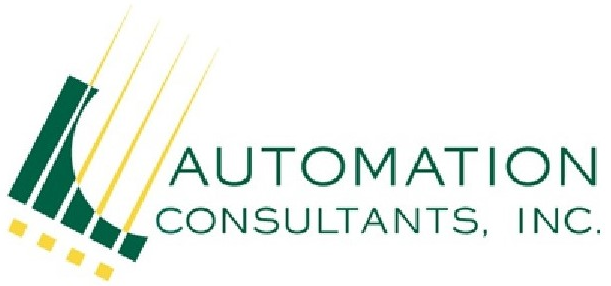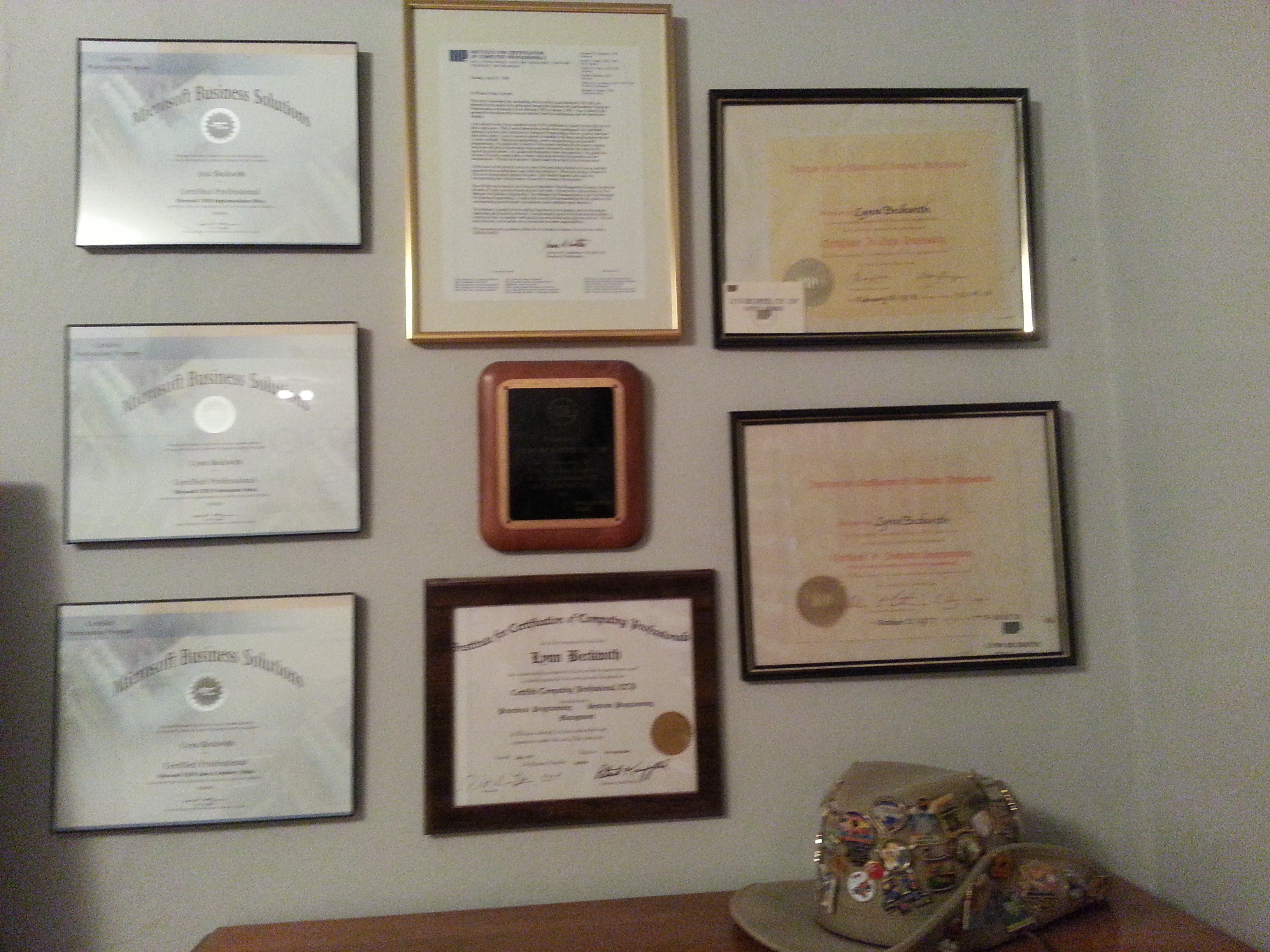Link: www.eurekalert.org …
5-Sep-2016
University of Warwick
IMAGE: This is Andrew Oswald. view more
Credit: University of Warwick
New research from the Cass Business School, the University of Warwick and the University of Wisconsin shows that women ask for wage rises just as often as men, but men are 25 per cent more likely to get a raise when they ask.
Using a randomly chosen sample of 4,600 workers across more than 800 employers, the research is the first to do a statistical test of the idea that women get paid less because they are not as pushy as men. The researchers found no support for the theory.
The authors of the study Do Women Ask? also examined the claim that female employees hold back for fear of upsetting their boss, and again found no evidence for this theory either.
Co-author Andrew Oswald, Professor of Economics and Behavioural Science at the University of Warwick said: “We didn’t know how the numbers would come out. Having seen these findings, I think we have to accept that there is some element of pure discrimination against women.”
Various ideas have previously been suggested as to why women might be reluctant to ask for an increase in their pay packet. These include: women don’t want to deviate from a perceived female stereotype, and they may fear being less popular at work.
Co-author Dr Amanda Goodall at Cass Business School said: “Ours is the first proper test of the reticent-female theory, and the evidence doesn’t stand up.”
When like-for-like men and women were compared, the men were a quarter more likely to be successful, obtaining a pay increase 20 per cent of the time. Only 16 per cent of females were successful when they asked.
To see the entire article, please click here.


